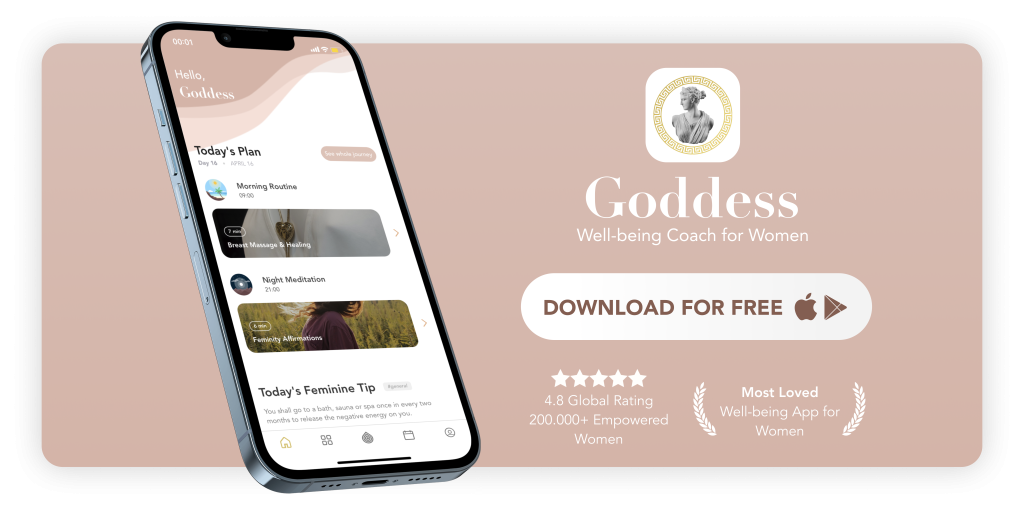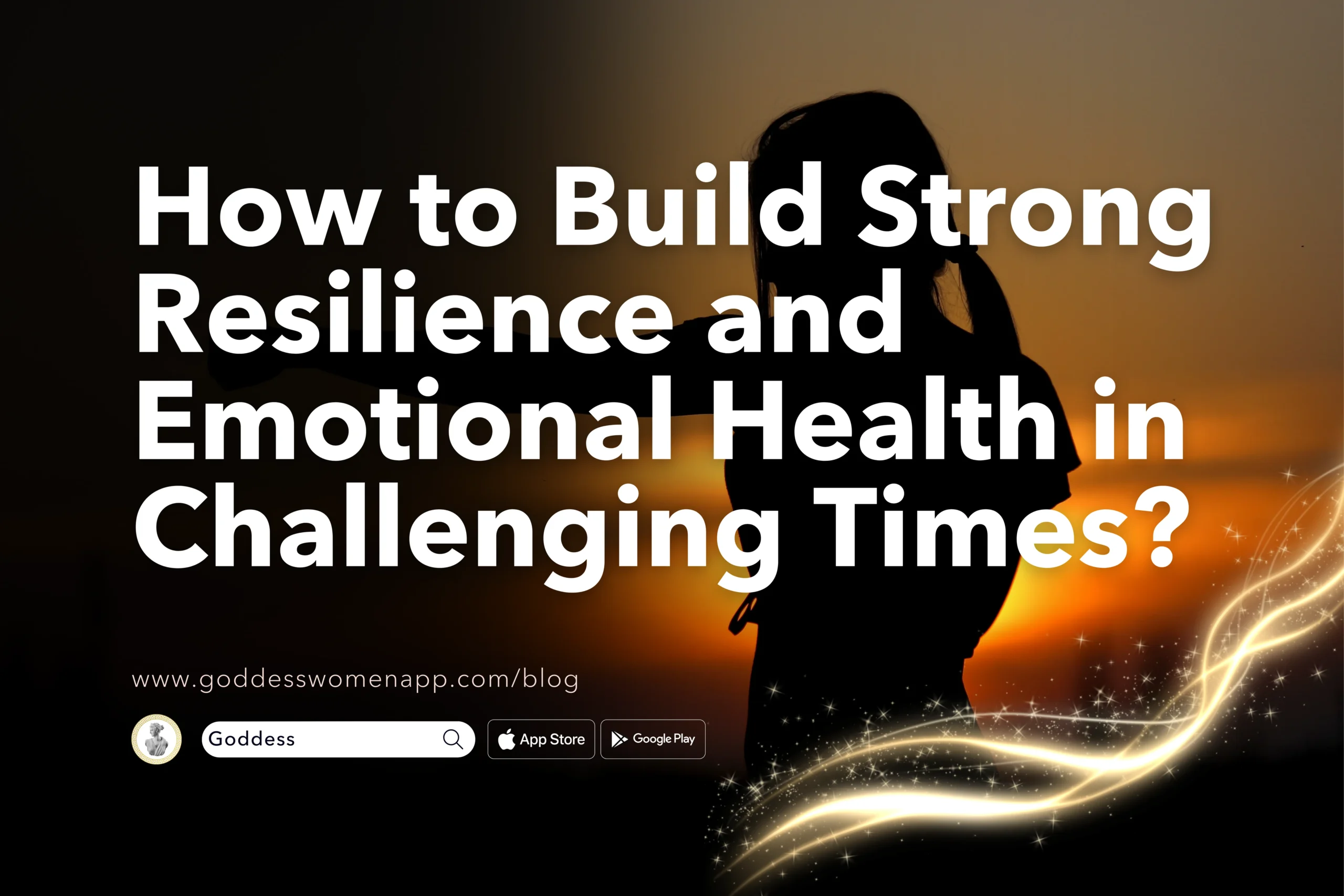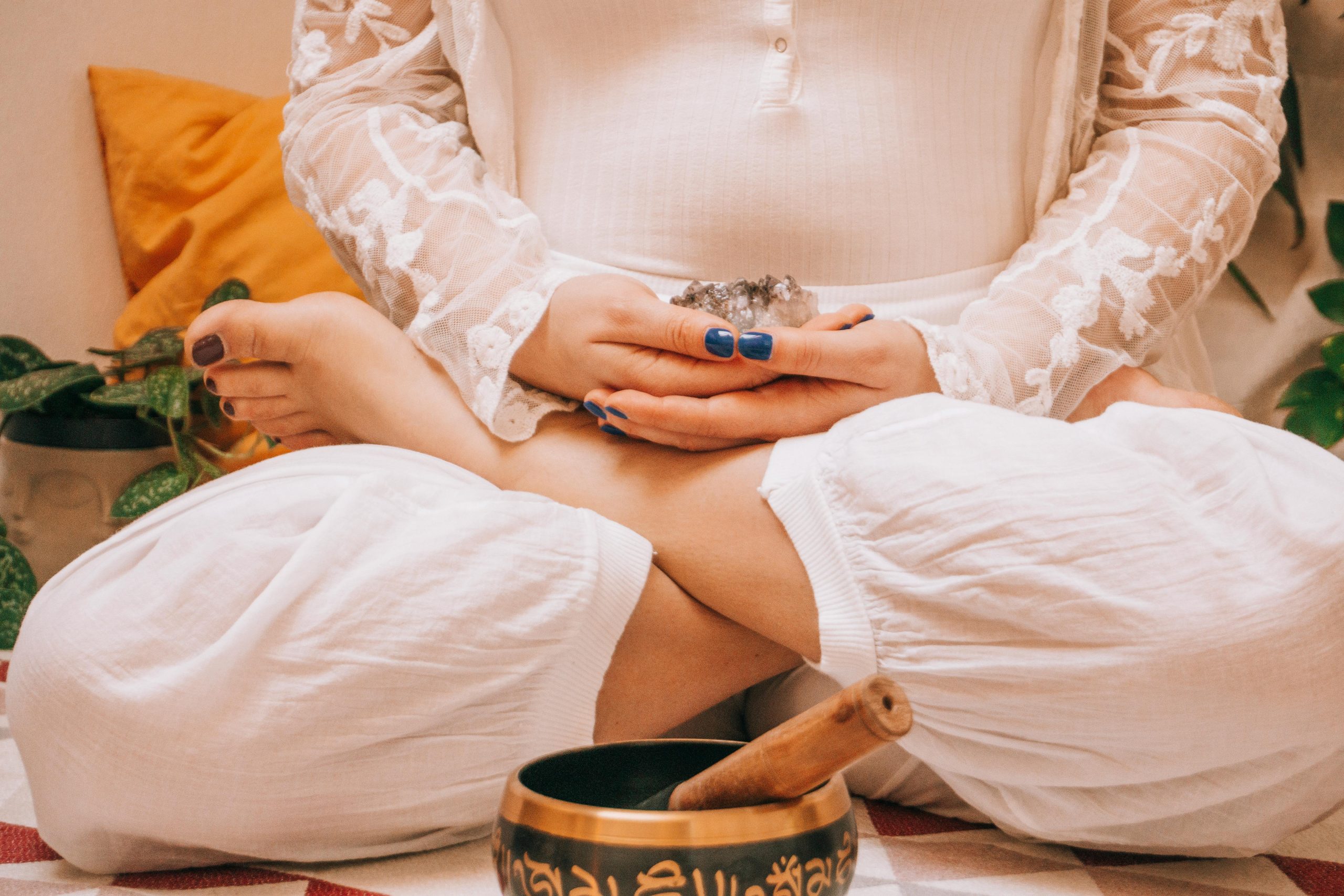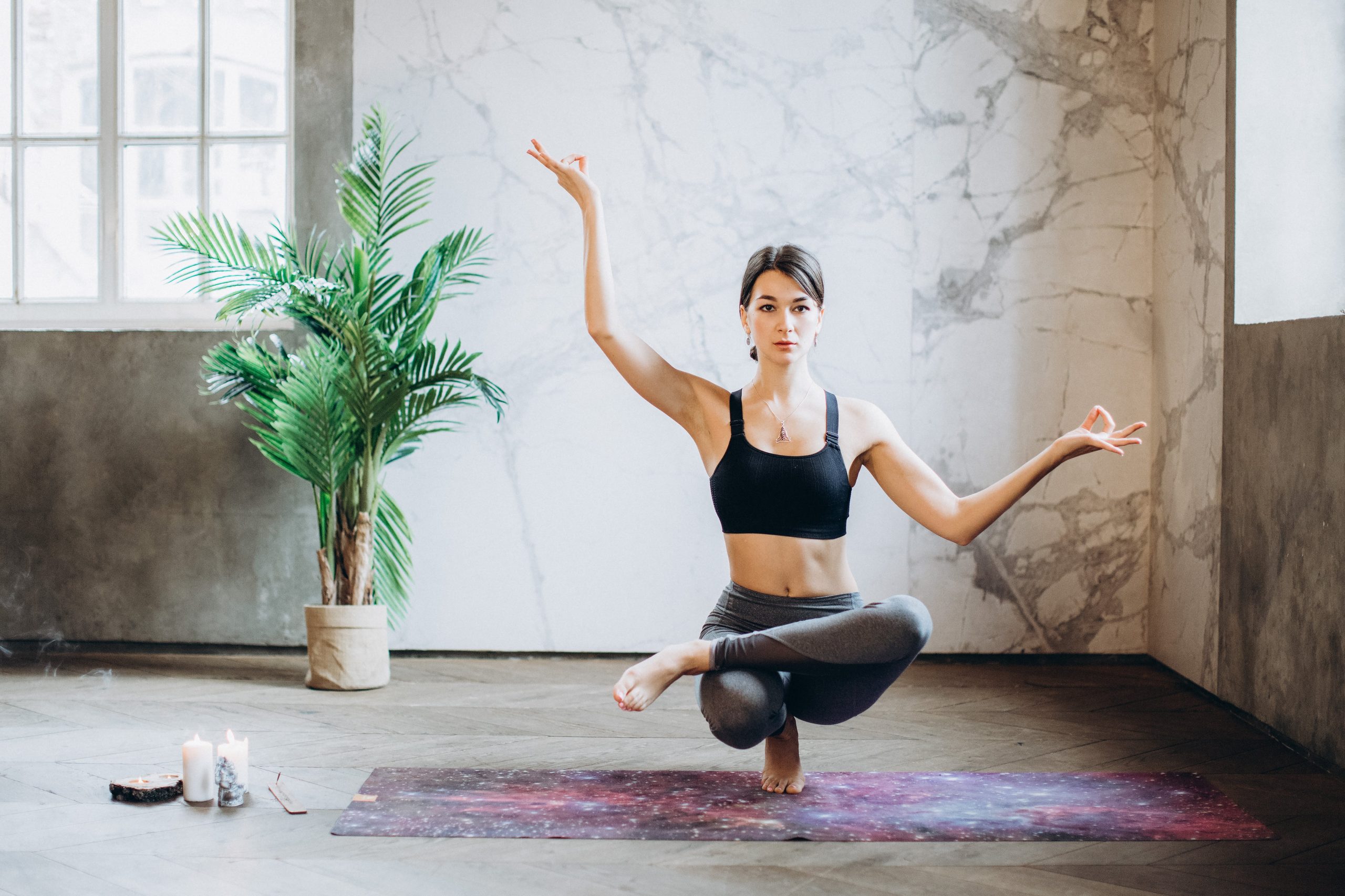Table of Contents
Embarking on a journey of meditation for beginners can be both exciting and a bit daunting. However, with the right guidance and understanding, meditation can become a rewarding practice that brings peace and balance to your life. In this blog post, we’ll delve into the essentials that beginners of meditation should know and what they should do when starting their meditation journey.
Understanding Meditation for Beginners
Meditation is a mindfulness practice that has been around for centuries. It involves focusing your mind on a particular object, thought, or activity to train attention and awareness, ultimately promoting mental clarity and emotional calmness.
On a cold winter evening, six women and two men sat in silence in an office near Harvard Square, practicing mindfulness meditation. Sitting upright, eyes closed, palms resting on their laps, feet flat on the floor, they listened as course instructor Suzanne Westbrook guided them to focus on the present by paying attention to their bodily sensations, thoughts, emotions, and especially their breath. “Our mind wanders all the time, either reviewing the past or planning for the future,” said Westbrook, who before retiring last June was an internal-medicine doctor caring for Harvard students.
“Mindfulness teaches you the skill of paying attention to the present by noticing when your mind wanders off. Come back to your breath. It’s a place where we can rest and settle our minds.” The class she taught was part of an eight-week program aimed at reducing stress. Studies say that eight in 10 Americans experience stress in their daily lives and have a hard time relaxing their bodies and calming their minds, which puts them at high risk of heart disease, stroke, and other illnesses.
Of the myriad offerings aimed at fighting stress, from exercise to yoga to meditation, mindfulness meditation has become the hottest commodity in the wellness universe…. “We were tasked to find ways for the community to cope with stress. And at the same time, so much research was coming out on the benefits of mindfulness and meditation,” said Jeanne Mahon, director of the wellness center.
“We keep offering mindfulness and meditation because of the feedback. People appreciate to have the chance for self-reflection and learn about new ways to be in relationships with themselves.”… More than 750 students have participated in mindfulness and meditation programs since 2012, said Mahon. Part of mindfulness’ appeal lies in the fact that it’s secular. Buddhist monks have used mindfulness exercises as forms of meditation for more than 2,600 years, seeing them as one of the paths …
Mindfulness meditation practice couldn’t be simpler: take a good seat, pay attention to the breath, and when your attention wanders, return. Mindfulness is the basic human ability to be fully present, aware of where we are and what we’re doing, and not overly reactive or overwhelmed by what’s going on around us. It’s not all in your head—you can practice mindfulness by sitting down for a formal mindfulness meditation practice, or by being more intentional and aware of the things you do each day.
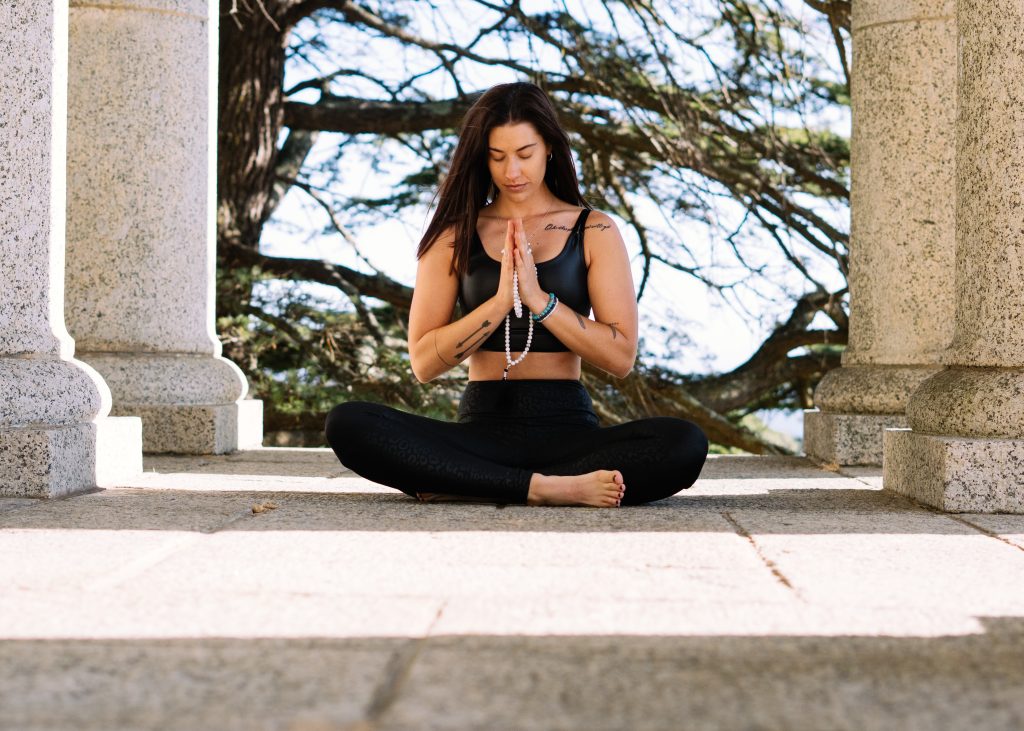
Starting Your Meditation Practice
1. Choose a Comfortable Space:
Embark on your meditation for beginners journey by carefully selecting a tranquil and serene space that serves as your dedicated sanctuary for mindfulness. Seek out a quiet environment, free from potential disturbances, where you can either sit or lie down comfortably. Consider elements such as soft lighting, soothing colors, and perhaps even a touch of nature, like a potted plant or a view of the outdoors. The aim is to transform this space into a haven of peace, inviting you to escape the hustle and bustle of daily life and embrace a moment of tranquility.
In this carefully chosen space, set the stage for your meditation practice. Arrange cushions or a cozy chair to support your posture, creating an atmosphere that encourages relaxation. Whether you choose to incorporate soft blankets, scented candles, or meaningful objects, the goal is to make this environment both physically and mentally welcoming.
By investing time in curating a calming ambiance, you’re not just creating a physical space for meditation; you’re cultivating an immersive experience that enhances your journey toward mindfulness. As you settle into this sanctuary, let the surroundings become an integral part of your meditation practice, supporting you in finding inner peace and focus.
2. Set Realistic Expectations:
Understand that meditation is a skill that develops over time. Don’t expect immediate results or complete silence in your mind. Beginners often experience wandering thoughts, which is entirely normal.
3. Breathing Awareness:
Begin with a simple breathing meditation. Pay attention to your breath as it naturally flows in and out. If your mind starts to wander, gently bring your focus back to your breath.
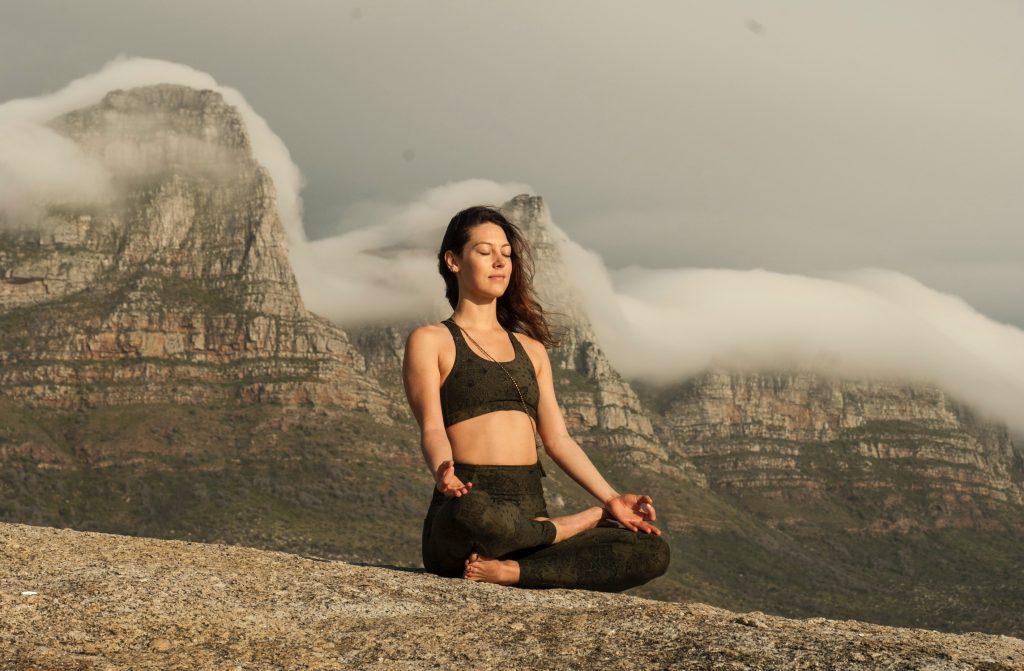
Meditation Techniques for Beginners
1. Guided Meditation for Beginners:
Start with guided meditations led by experienced meditation teachers. These provide step-by-step instructions and are ideal for beginners.
2. Body Scan Meditation:
Another great technique meditation for beginners is the body scan. It involves focusing on each part of your body, releasing tension, and promoting relaxation.
3. Mindfulness Meditation:
Mindfulness meditation is about observing your thoughts and feelings without judgment. It helps you become more aware of the present moment.
Consistency Is Key
Consistency is crucial when starting your meditation for beginners practice. Aim for short sessions (10-15 minutes) daily rather than long, sporadic ones. Over time, you can gradually increase the duration as you become more comfortable with the practice.
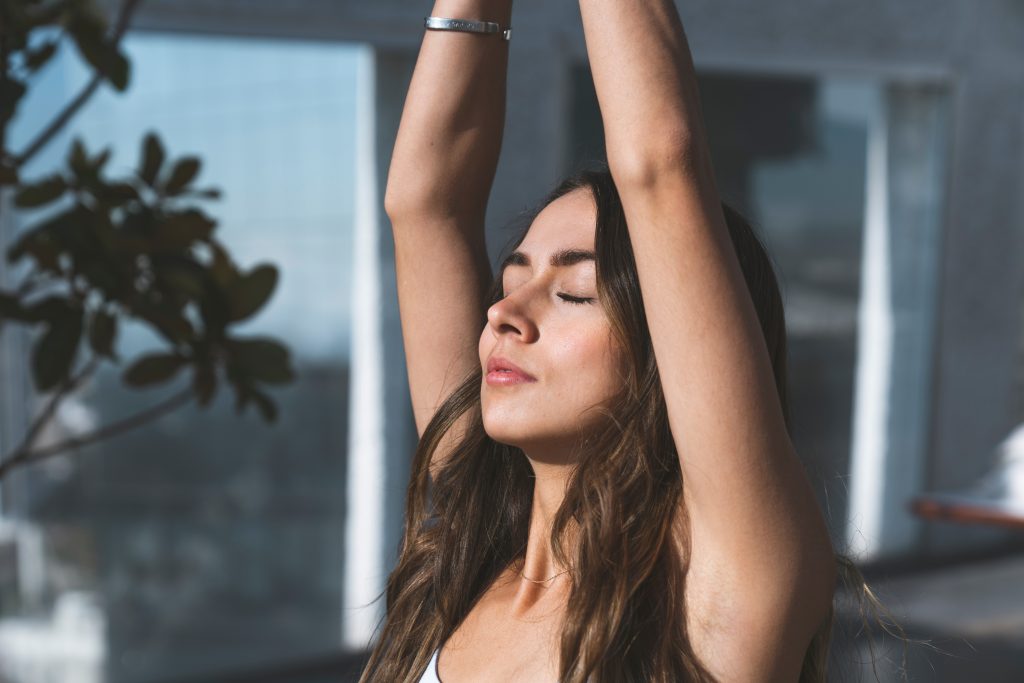
Benefits of Meditation for Beginners
1. Stress Reduction:
Meditation helps lower stress levels by calming the mind and reducing the production of stress hormones.
2. Improved Focus:
Regular meditation enhances concentration and mental clarity, making it easier to stay focused on tasks.
3. Emotional Well-being:
Beginners often notice improved emotional regulation and increased feelings of happiness and contentment.
Embrace the Journey
As a beginner, remember that meditation is a journey, not a destination. Be patient with yourself and embrace the process. With regular practice and the right techniques, you’ll gradually experience the numerous physical and mental benefits that meditation has to offer. Meditation for beginners is a path to self-discovery and inner peace, so take that first step with confidence and an open heart.
